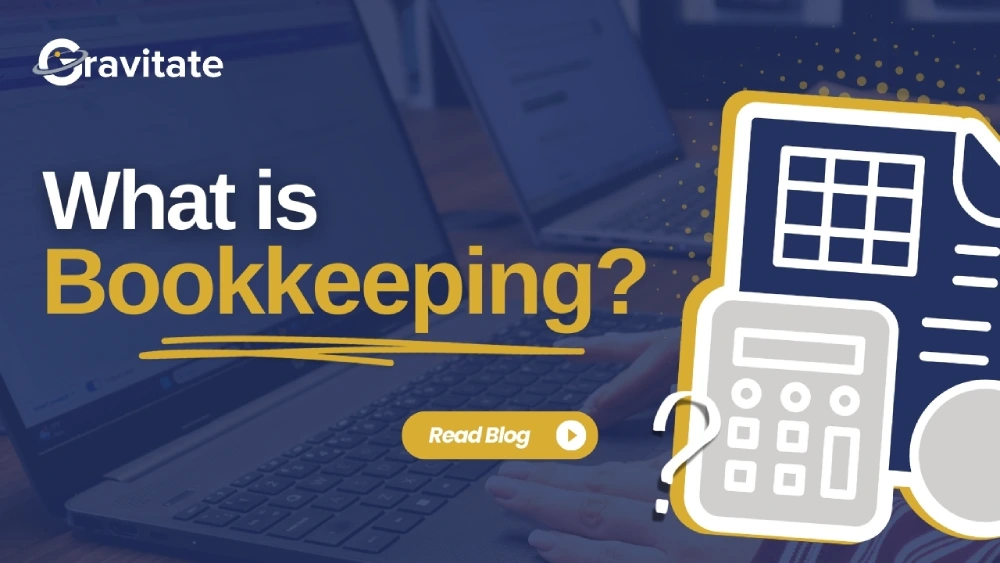There are several key financial responsibilities within a business, and one of the most important is the Financial Controller (or FC). An FC plays a vital role in both financial health and efficiency but also keeping your business out of regulatory hot water.
In this blog, we will outline the roles and responsibilities of a Financial Controller, as well as some options for bringing these skills into your business.
What does a Financial Controller do?
The role of a Financial Controller can be quite broad, covering most of the finance function of the business. Their main activities will usually cover the following areas:
- Managing and supervising your accounting and/or finance personnel
- Ensuring your books are closed accurately and on time each month
- Preparing and presenting financial statements (like your balance sheet, income and cash flow statements)
- Accounts payable (Making sure that your bills are paid on time)
- Accounts receivable (Making sure customer invoices are processed, paid on time and recorded accurately)
- Maintaining internal processes and controls to prevent errors and fraudulent activities
- Ensuring financial reporting is compliant with the latest regulations and accounting standards
- Tracking and managing your stock (inventory)
- Financial planning, including budgeting and forecasting
They may also be involved in additional areas like debt management and tax planning
As you can see, Financial Controllers do a lot.
What happens if you don’t have a Financial Controller?
While it is possible to do so, businesses operating without such an important figure may be at increased risk of fraud, may miss opportunities for greater efficiency, and you may have limited financial oversight.
Furthermore, these essential but time-consuming responsibilities may fall onto the desk of someone whose main responsibilities are for the day-to-day running of the business.
Certain businesses, such as very early-stage start-ups or particularly small businesses with simple finances may not need an FC at all, but it is worthwhile to be aware of these potential future needs at an early stage.
Financial Controller: What options are available?
If your business does not have a Financial Controller, there is a good chance you are feeling the strain and stress of dealing with their critical responsibilities, or perhaps you are experiencing difficulties and inefficiencies due to lack of oversight in key areas.
The good news is that options are available to you:
Hire a full time Financial Controller
The most obvious solution to bring these skills into your business is to hire an in-house FC.
A qualified and dedicated FC can greatly improve the financial health and efficiency of any business. However, these skills are not cheap, and the cost of recruiting and retaining your Financial Controller may pose a challenge. Your business may also lack the complexity required to justify a full-time hire.
Bring in an Outsourced Financial Controller
Many companies, particularly SMEs with ambitious growth plans, are opting for outsourcing. By outsourcing your Financial Controller responsibilities, you get all the skills and qualifications required to take care of your finances, without the permanent commitment and cost of a full-time hire.
- An Outsourced FC can be hired on a temporary (or project) basis, or for a limited number of days a month.
- You also benefit from a wider range of experience across multiple industries and business types, as well as in the latest accounting software.
- The accountant or practice that provides your FC service can complement this with other services, including bookkeeping, year-end reporting, tax assistance and fundraising.
Upskill your existing team
If your business has already employed people in a finance or bookkeeping role, upskilling these individuals in the various responsibilities of a Financial Controller is also an option. There will, of course, be a cost involved with doing this, and you may benefit from outsourced support in the meantime.
An Outsourced Financial Controller can often provide this same training as they are working with you.
If you need help with the responsibilities outlined in this blog, we invite you to speak to us about your situation and are happy to offer an objective assessment of your requirements.
Related articles
- Financial Controller vs Finance Director
- The Pros and Cons of an Outsourced Finance Director
- Outsourced Finance Director | Gravitate Accounting
- The Benefits of Hiring a Modern Finance Director

.png)


.png)

.png)
.png)

.png)
.png)
.png)













.png)
.png)
.png)

.png)
.png)

.png)

















.jpg)

.webp)
.png)

.svg)
